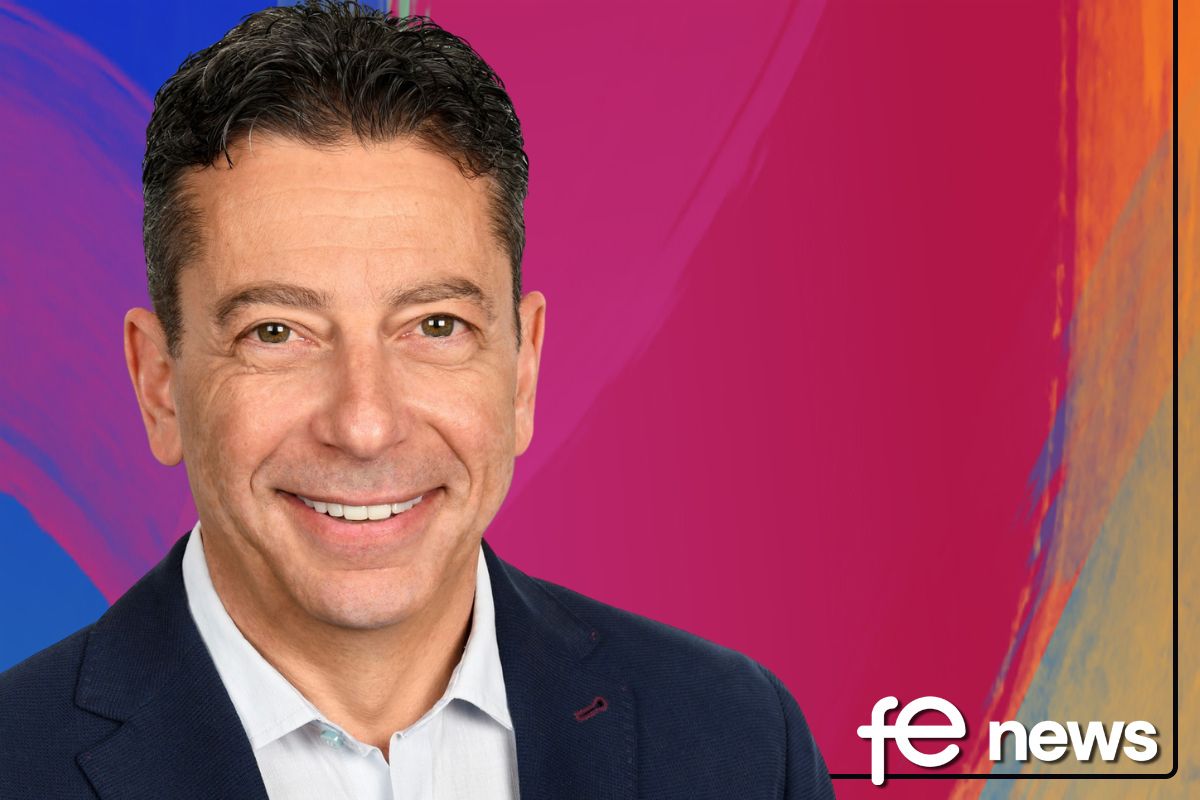AI in our classrooms: friend or foe?

Trinity College London’s “Friend or Foe? Teacher attitudes to artificial intelligence” report delves into teachers’ nuanced views on AI use in the classroom. It reveals teachers’ optimism and caution surrounding the transformative potential of AI. It also underscores a strong demand for specialised AI tools that can complement traditional teaching and help make education more inclusive and effective.
In the ever-evolving landscape of tech innovation, the education community finds itself at a pivotal crossroads. The potential for Artificial Intelligence (AI) to be woven into the fabric of teaching practice has seen a broad spectrum of differing views between educators, technologists, and policymakers alike.
At Trinity College London, an international examination board that has worked with educators for more than 150 years and which currently assesses nearly 1 million candidates each year in music, drama, combined arts, and English language, we have taken a proactive stance in this discourse. Our recent publication, “Friend or Foe? Teacher attitudes to artificial intelligence“, provides an incredibly helpful foundation for anyone trying to better understand educator’s nuanced perspectives on the integration of AI into our classrooms.
In a landscape where technological advancements are continuously reshaping professional practices, the educational sector is notably embracing the potential of AI. Our research highlights a significant initial uptake, with nearly a quarter of teachers (23%) already integrating AI into their pedagogical methods. This adoption rate is not only commendable but also indicative of educators’ growing interest in exploring new technologies to augment teaching and learning experiences.
Despite AI’s relatively recent emergence as a tool in education, the level of engagement that we’re seeing showcases the sector’s adaptability and willingness to innovate. And while 63% of educators express concerns about the reliability and accuracy of current generic AI tools, this scepticism actually underscores a critical demand for tailored, reliable AI solutions rather than a blanket resistance to technological integration. The detailed insights from our survey reveal a nuanced perspective among teachers, suggesting that with the right tools and resources, the potential for AI to significantly enhance educational outcomes is vast.
In fact, when we speak to teachers we feel a palpable sense of optimism about the transformative potential of AI. Over half (54%) of teachers are already confident that AI will revolutionise teaching in unforeseeable ways within the next five years.
A particularly revealing aspect of our research was the widespread feeling among teachers of the need for specialised AI training. 61% of respondents told us that, with adequate training, their efficacy in utilising AI tools would significantly improve.
Our report also illustrates that there is a growing desire among educators for AI to be incorporated into the curriculum. For example, more than a quarter (27%) already advocate for its application in subjects like maths and science. This shift points towards a broader recognition that AI is likely to result in lower order skills such as memorisation and regurgitating facts becoming more redundant, with teachers instead using AI’s capacity to encourage better critical thinking and problem-solving among their students.
In response to these insights, Trinity is taking a dual track approach. Firstly, we are developing our own AI-powered teaching platforms like NoteLab, tailored to meet the distinct needs of the educators we work with across the world. NoteLab embodies our commitment to developing solutions that not only streamline lesson planning, but also create a more personalised learning experience.
Secondly, we remain committed to championing the invaluable human element that will always be inherent in great teaching. We want our AI tools to make education more inclusive and effective, helping to get students ready for a future where technology and human creativity will work together seamlessly.
The conversation between technology and education is a continuously evolving one. There will always be an understandable mix of anticipation and caution, but I am hopeful and excited about the path ahead. We stand on the brink of redefining educational boundaries and Trinity will always remain committed to exploring these opportunities.
Erez Tocker is the Chief Executive of Trinity College London.











Responses